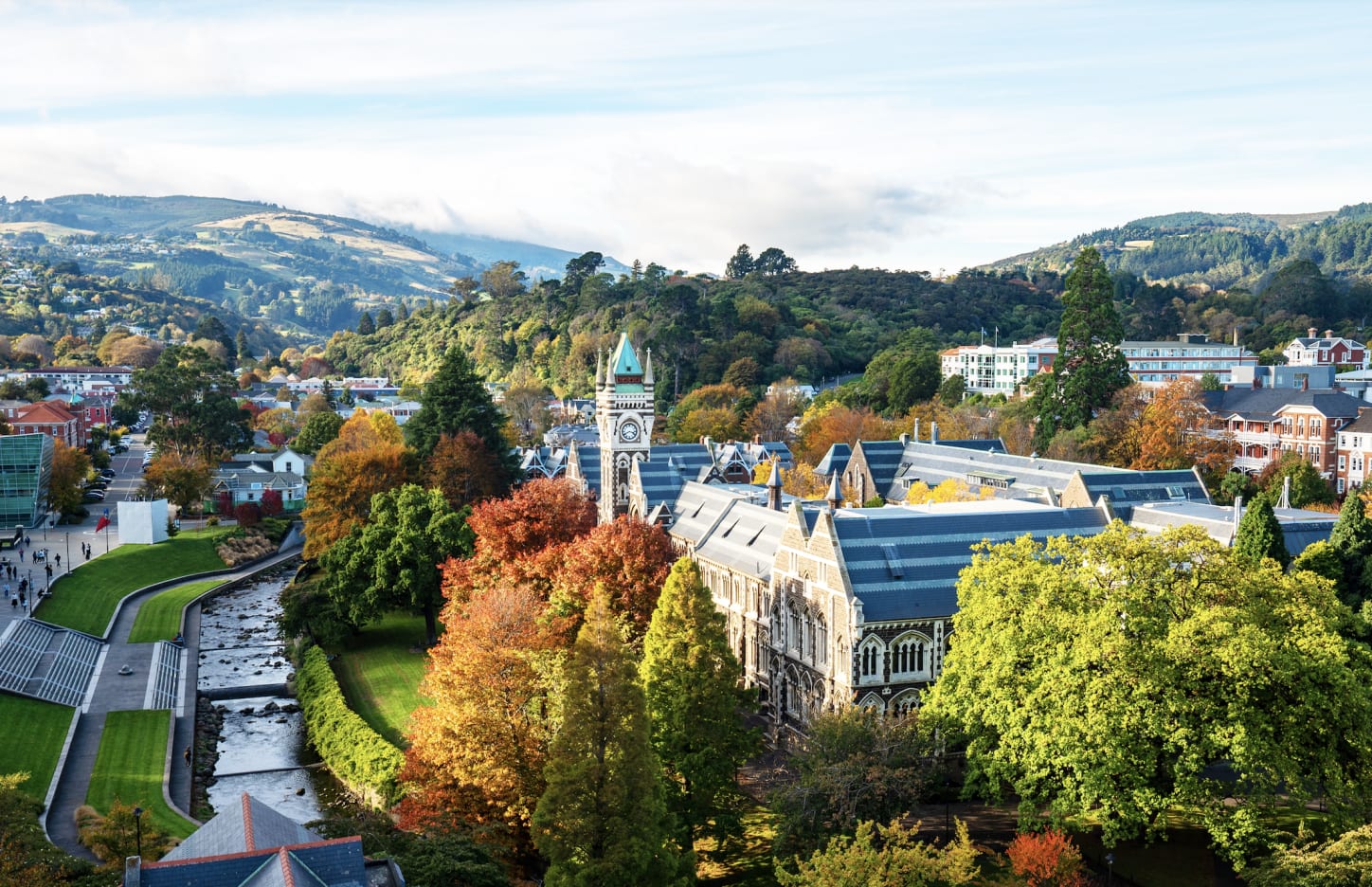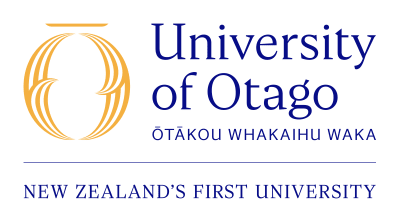
Master of Archaeological Practice (MArchP)
Dunedin, New Zealand
DURATION
1 Years
LANGUAGES
English
PACE
Full time
APPLICATION DEADLINE
Request application deadline
EARLIEST START DATE
Request earliest startdate
TUITION FEES
Request tuition fees

STUDY FORMAT
On-Campus
Introduction
Master of Archaeological Practice (MArchP)
Archaeological heritage management
The management of our heritage and archaeological legacy is a growing sustainability issue. Currently, New Zealand has a need for qualified archaeologists to work in the heritage sector. This new program responds to both an industry demand, and a desire by students and workers in the area for a high-level qualification.
The MArchP focuses on the unique landscapes, cultures and policies of New Zealand and the Pacific Islands. It addresses the following areas:
- The management of New Zealand and Pacific cultural heritage places
- Working with Maori and Pasifika communities
- The application of archaeological approaches and methods within a heritage context
- Understanding the diverse relationships between people, places and the past
Local grounding
Our academics specialise in, and are passionate about, the indigenous archaeology and heritage of New Zealand and the Pacific Islands.
We are committed to working with communities, assisting with Maori research issues and informing heritage management as it relates to Maori places and values.
We work with Pacific Island organisations and communities to manage and protect heritage sites, and support staff in cultural heritage institutions and agencies.
This is done through academic research in the University of Otago’s Archaeology program and our research unit and consultancy, Southern Pacific Archaeological Research (SPAR).
Our goal is to develop graduates who will make an impact in archaeological heritage practice in New Zealand and the Pacific.
Admissions
Scholarships and Funding
Several scholarship options are available. Please check the university website for more information.
Curriculum
The program of study shall comprise three core papers, a Research Dissertation and two elective papers totalling 180 points.
Core papers
- Advanced Archaeological Excavation
- Archaeology and Heritage Practice
- Internship Practicum
Dissertation
- Research Dissertation 60 points (Distance)
and two from
- Material Cultural Studies
- Special Topic
- Archaeological Theory
- Advanced New Zealand Archaeology
- A Topic in New Zealand History
- Toitū to Whenua – Land, Lore and Colonisation
- Presenting Pacific Histories
- Resource Conservation and Environment in the Pacific
- Planning Theory
- Spatial Planning and Development
Or other approved 400-level papers totalling 40 points as approved by the Head of program.
Program Outcome
Level of Award of the Degree
The degree may be awarded with distinction or with credit.
Program Tuition Fee
Career Opportunities
During the program, students will have the opportunity to undertake an internship, and build their skills and experience in a real-world setting.
Graduates will be able to pursue careers in archaeology, heritage and environment consultancies, government, regional and local councils, iwi organisations, infrastructure and land management agencies. Additionally, increasing synergies between heritage places, museums and the tourism industry offer opportunities for further career pathways.
The program also provides opportunities for people already working in archaeological heritage management, and it will be valuable for professional development and career progression. Many professionals working in this sector will benefit from having a master’s degree and a broader work experience.
The MArchP offers students a route towards studying for a PhD. This could suit archaeology students or those from other disciplines wanting to transition into archaeology and heritage studies.
Program delivery
Application details
Applicants should submit their online application form along with the following supporting documents: scanned copies of their previous official academic transcripts (awards gained, marks, grades); a certified copy of the personal details page of their passport or a birth certificate (in English); Educational Credential Evaluators report (ECE); and certified/notarised translations of original documents which are not in English. After completion of online application, applicant’s proof of identity document must be posted to: International Office, University of Otago, PO Box 56, Dunedin 9054, New Zealand. International student applications for semester 1/summer school study close: Oct-31.
